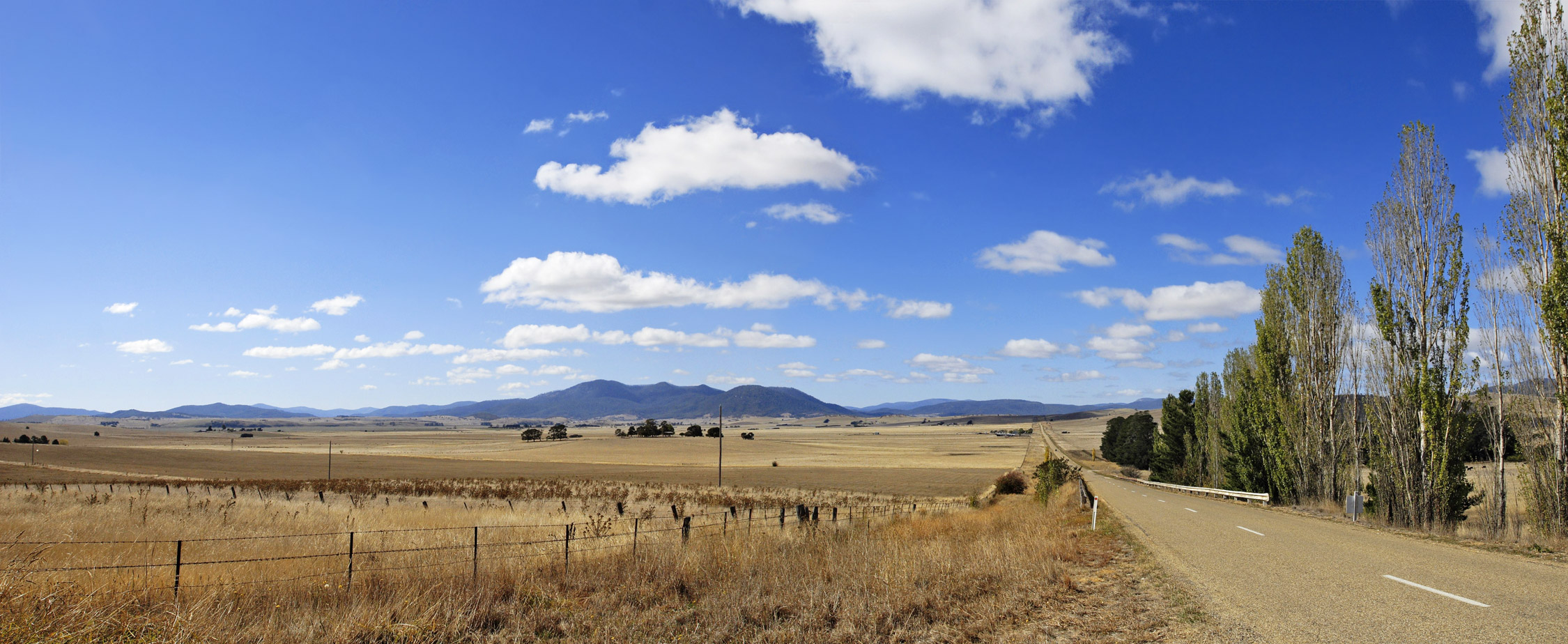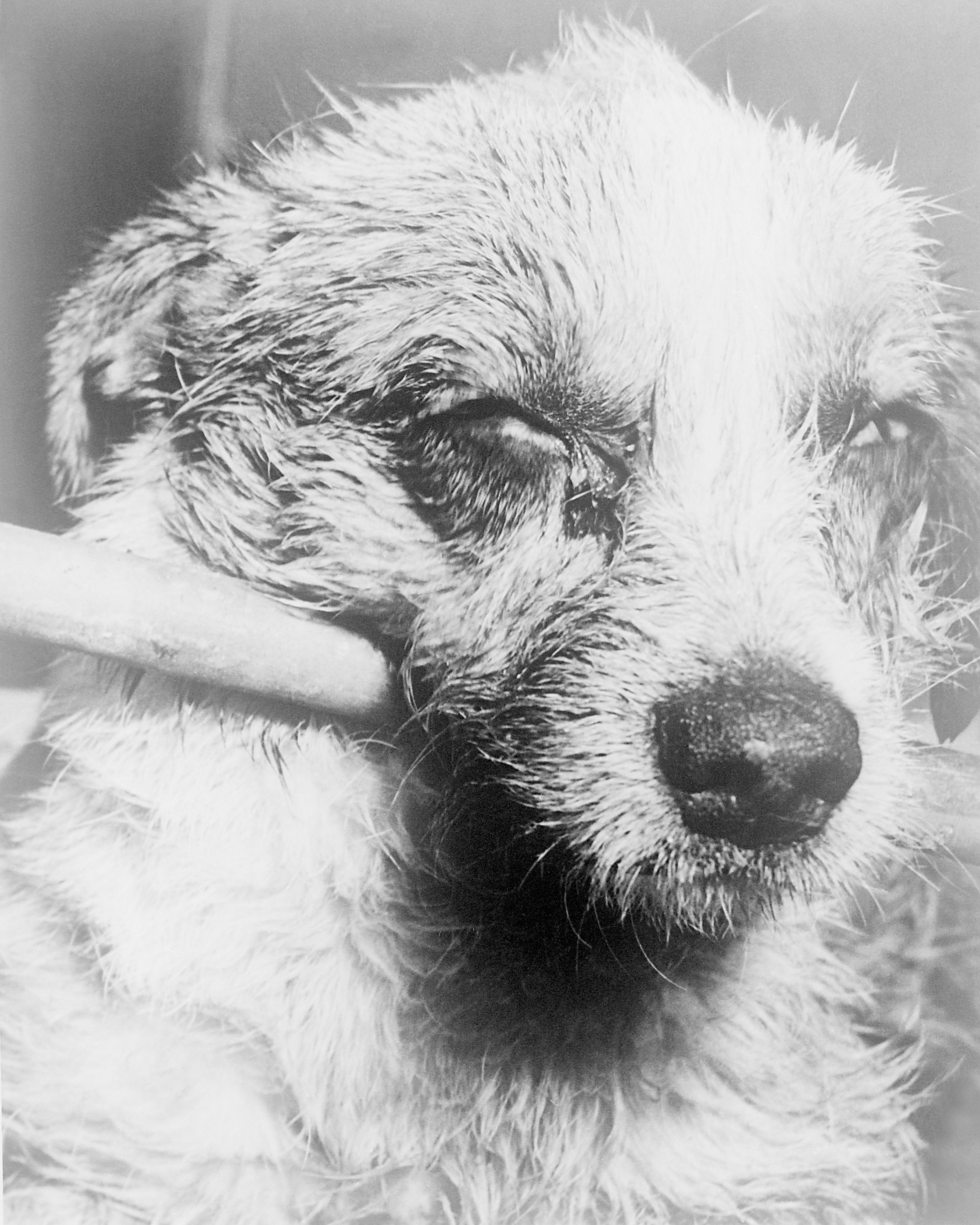|
Vidas Secas
''Vidas secas'' (1st edition spelling: ''Vidas sêcas'', literally "Dry Lives"; translated into English as ''Barren Lives'') is a novel by twentieth-century Brazilian writer Graciliano Ramos, written in 1938. It tells the cyclical story of a family of five persons: Fabiano, the father; Sinhá Vitória, the mother; two sons (just called boys) and their dog called Baleia (whale in Portuguese) in the poverty stricken and arid Brazilian northeast. One of the distinguishing characteristics of the book is that it is written in said cyclical manner, making it possible to read the first chapter as a continuation of the last chapter, reflecting the cycle of poverty and desolation in the Sertão. Another distinguishing characteristic is that the dog Baleia is considered the most sensible and human character. It is often considered amongst the most important works in Brazilian literature, blurring the genres of Modernism, Regionalism, and Realism with a "dry", concise style of writing. Du ... [...More Info...] [...Related Items...] OR: [Wikipedia] [Google] [Baidu] |
Graciliano Ramos
Graciliano Ramos de Oliveira (; October 27, 1892 – March 20, 1953) was a Brazilian modernist writer, politician and journalist. He is known worldwide for his portrayal of the precarious situation of the poor inhabitants of the Brazilian '' sertão'' in his novel '' Vidas secas''. His characters are complex, nuanced, and tend to have pessimistic world views, from which Ramos deals with topics such as the lust for power (the main theme in ''São Bernardo''), misogyny (a key point in ''Angústia''), and infidelity. His protagonists are mostly lower-class men from northeastern Brazil, which are often aspiring writers (such as in ''Caetés''), or illiterate country workers, all of which usually have to deal with poverty and complex social relations. Like fellow writers Jorge Amado and Erico Verissimo, Ramos was part of Brazil's second generation of modernist writers, in what is known as "1930s modernism". A lifelong supporter of communist ideas, he was affiliated with the original ... [...More Info...] [...Related Items...] OR: [Wikipedia] [Google] [Baidu] |
Drought
A drought is a period of drier-than-normal conditions.Douville, H., K. Raghavan, J. Renwick, R.P. Allan, P.A. Arias, M. Barlow, R. Cerezo-Mota, A. Cherchi, T.Y. Gan, J. Gergis, D. Jiang, A. Khan, W. Pokam Mba, D. Rosenfeld, J. Tierney, and O. Zolina, 2021Water Cycle Changes. In Climate Change 2021: The Physical Science Basis. Contribution of Working Group I to the Sixth Assessment Report of the Intergovernmental Panel on Climate Change [Masson-Delmotte, V., P. Zhai, A. Pirani, S.L. Connors, C. Péan, S. Berger, N. Caud, Y. Chen, L. Goldfarb, M.I. Gomis, M. Huang, K. Leitzell, E. Lonnoy, J.B.R. Matthews, T.K. Maycock, T. Waterfield, O. Yelekçi, R. Yu, and B. Zhou (eds.)]. Cambridge University Press, Cambridge, United Kingdom and New York, NY, USA, pp. 1055–1210, doi:10.1017/9781009157896.010. A drought can last for days, months or years. Drought often has large impacts on the ecosystems and agriculture of affected regions, and causes harm to the local economy. Annua ... [...More Info...] [...Related Items...] OR: [Wikipedia] [Google] [Baidu] |
Brazilian Nationalism
Brazilian nationalism is the nationalism of Brazilian people and Brazilian culture. It became strong during the declaration of Independence of Brazil, in the 19th century. History Brazil was initially a colony of Portugal, established during the Portuguese colonization of the Americas. Historians are not sure on the precise moment when Brazilians developed a local nationalism, distinct from the Portuguese one. In some cases it is pointed to the discovery itself, in others it is attributed to the explorations of the ''bandeirantes'' or the South American theater of the Dutch–Portuguese War in the 17th century. Still, the first cases of a strong nationalist sentiment emerged in the 19th century. The white Brazilian-born colonial oligarchy developed sentiments against the colonial system, and manifested hostility to the Portuguese authorities. There were local conspiracies to secede from Portugal as early as in 1789, but the Independence of Brazil took place in the 1820s, after ... [...More Info...] [...Related Items...] OR: [Wikipedia] [Google] [Baidu] |
Brazilian Communist Party
The Brazilian Communist Party (), originally the Communist Party of Brazil (), is a communist party in Brazil, founded on 25 March 1922. Arguably the oldest active political party in Brazil, it played an important role in the country's 20th-century history despite the relatively small number of members. A factional dispute led to the formation of PCdoB (Communist Party of Brazil) in the 1960s, though both communist parties were united in opposition to the Brazilian military government that ruled from 1964 to 1985. But with the fall of the Soviet Union and the collapse of communism circa 1990, the party lost power and international support. An internal coup in 1992 divided the party and formed a new party, called Popular Socialist Party, using the former identification number of the PCB, 23. That party has since moved towards the centre and now goes by the name Cidadania. The youth organization of the PCB is the Communist Youth Union and is a member of the World Federat ... [...More Info...] [...Related Items...] OR: [Wikipedia] [Google] [Baidu] |
Getúlio Vargas
Getúlio Dornelles Vargas (; ; 19 April 1882 – 24 August 1954) was a Brazilian lawyer and politician who served as the 14th and 17th president of Brazil, from 1930 to 1945 and from 1951 until his suicide in 1954. Due to his long and controversial tenure as Brazil's provisional, constitutional, dictatorial and democratic leader, he is considered by historians as the most influential Brazilian politician of the 20th century. Born on 19 April 1882 in São Borja, Rio Grande do Sul, to a powerful local family, Vargas had a short stint in the Brazilian Army before entering law school. He began his political career as district attorney, soon becoming a state deputy prior to a brief departure from politics. After returning to the state Legislative Assembly, Vargas led troops during Rio Grande do Sul's 1923 civil war. He entered national politics as a member of the Chamber of Deputies. Afterward, Vargas served as Minister of Finance under president Washington Luís before resi ... [...More Info...] [...Related Items...] OR: [Wikipedia] [Google] [Baidu] |
Alagoas
Alagoas () is one of the 27 federative units of Brazil and is situated in the eastern part of the Northeast Region, Brazil, Northeast Region. It borders: Pernambuco (N and NW); Sergipe (S); Bahia (SW); and the Atlantic Ocean (E). Its capital is the city of Maceió. It has 1.6% of the Brazilian population and produces 0.8% of the Brazilian GDP. It is made up of 102 Municipalities of Brazil, municipalities and its most populous cities are Maceió, Arapiraca, Palmeira dos Índios, Rio Largo, Penedo, União dos Palmares, São Miguel dos Campos, Santana do Ipanema, Delmiro Gouveia, Coruripe, and Campo Alegre, Alagoas, Campo Alegre. It is the second smallest Brazilian state in area (larger only than Sergipe) and it is List of Brazilian states by population, 16th in population. It is also one of the largest producers of sugarcane, coconuts, and natural gas in the country. Alagoas also has oil exploration, mostly of onshore deposits. Initially, the territory of Alagoas constituted the s ... [...More Info...] [...Related Items...] OR: [Wikipedia] [Google] [Baidu] |
Getúlio Vargas 1930
Getúlio may refer to: * Getulio Agostini (1943-1990), Venezuelan botanist * Getulio Alviani (1939-2018), Italian painter * Getúlio Côrtes (born 1938), Brazilian singer * Getúlio (footballer, 1947-2008), Getúlio Pedro da Cruz, Brazilian football goalkeeper * Getúlio (footballer, born 1954), Getúlio Costa de Oliveira, Brazilian football right-back * Getulio Delphim (born 1938), Brazilian comic artist * Getúlio Fredo (born 1954), Brazilian football manager * Getúlio Júnior (born 1983), Brazilian footballer * Getulio Napeñas (born 1959), Filipino politician * Getúlio Pedro da Cruz (1947-2008), Brazilian footballer * Getulio Vaca (born 1984), Bolivian footballer * Getúlio Vargas (1882-1954), President of Brazil * Getúlio (footballer, born 1997), Getúlio Wandelly Silva Timoteo, Brazilian football forward Places * Getúlio Vargas, Rio Grande do Sul, Brazilian municipality * Presidente Getúlio, Brazilian municipality Others * Fundação Getulio Vargas, Brazilian think tan ... [...More Info...] [...Related Items...] OR: [Wikipedia] [Google] [Baidu] |
Character Arc
A character arc is the transformation or inner journey of a character over the course of a story. If a story has a character arc, the character begins as one sort of person and gradually transforms into a different sort of person in response to changing developments in the story. Since the change is often substantive and leading from one personality trait to a diametrically opposite trait (for example, from greed to benevolence), the geometric term '' arc'' is often used to describe the sweeping change. In most stories, lead characters and protagonist A protagonist () is the main character of a story. The protagonist makes key decisions that affect the plot, primarily influencing the story and propelling it forward, and is often the character who faces the most significant obstacles. If a ...s are the characters most likely to experience character arcs, although lesser characters often change as well. A driving element of the plots of many stories is that the main charact ... [...More Info...] [...Related Items...] OR: [Wikipedia] [Google] [Baidu] |
Rabies
Rabies is a viral disease that causes encephalitis in humans and other mammals. It was historically referred to as hydrophobia ("fear of water") because its victims panic when offered liquids to drink. Early symptoms can include fever and abnormal sensations at the site of exposure. These symptoms are followed by one or more of the following symptoms: nausea, vomiting, violent movements, uncontrolled excitement, fear of water, an inability to move parts of the body, confusion, and loss of consciousness. Once symptoms appear, the result is virtually always death. The time period between contracting the disease and the start of symptoms is usually one to three months but can vary from less than one week to more than one year. The time depends on the distance the virus must travel along Peripheral nervous system, peripheral nerves to reach the central nervous system. Rabies is caused by lyssaviruses, including the rabies virus and Australian bat lyssavirus. It is spread when an i ... [...More Info...] [...Related Items...] OR: [Wikipedia] [Google] [Baidu] |
Concept
A concept is an abstract idea that serves as a foundation for more concrete principles, thoughts, and beliefs. Concepts play an important role in all aspects of cognition. As such, concepts are studied within such disciplines as linguistics, psychology, and philosophy, and these disciplines are interested in the logical and psychological structure of concepts, and how they are put together to form thoughts and sentences. The study of concepts has served as an important flagship of an emerging interdisciplinary approach, cognitive science. In contemporary philosophy, three understandings of a concept prevail: * mental representations, such that a concept is an entity that exists in the mind (a mental object) * abilities peculiar to cognitive agents (mental states) * Fregean senses, abstract objects rather than a mental object or a mental state Concepts are classified into a hierarchy, higher levels of which are termed "superordinate" and lower levels termed "subordinate". ... [...More Info...] [...Related Items...] OR: [Wikipedia] [Google] [Baidu] |





